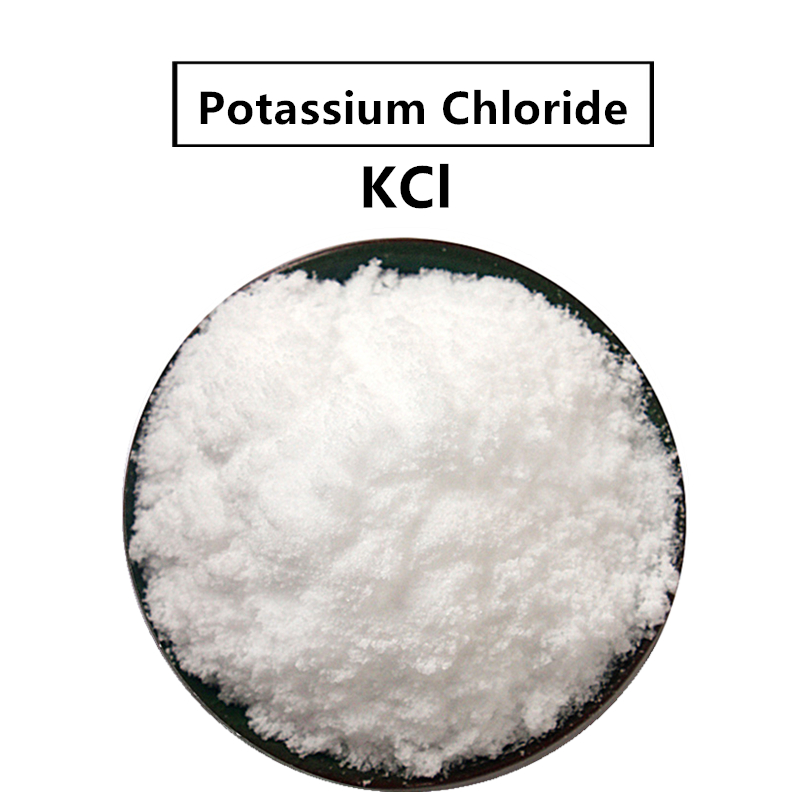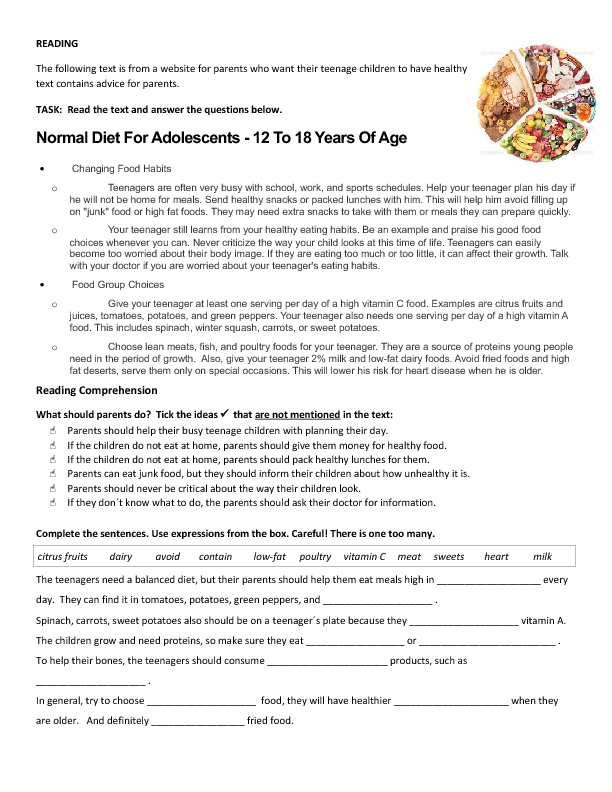
Controlling blood sugar is the main goal of a diabetic lifestyle. This can all be done through diet and exercise. Insulin and oral medications can be used to control blood sugar. For insulin control, you should eat at least three small meals per day. Avoid sugary foods like soda and fast food, which can spike blood sugar. This article will explain what these simple changes can do for your health.
High-fat diets can lead to diabetes. This will raise your blood glucose level. Obese people will have a higher blood glucose level. In addition, your risk for heart disease and cancer is higher when you are overweight. It is important to eat a balanced diet high in fiber, low sodium, and cholesterol and be physically active. Also, limit your intake of sweets and alcohol.

There are many options for getting enough protein into your diet. You can find high-quality protein in meat, poultry, and fish. Vegetarians also have the option to consume soy-based tofu or tempeh as well as beans and other legumes. Healthy eating habits require a rainbow of colors. Even if you do not eat meat or dairy, you should make sure that you eat something with a high amount of proteins.
A healthy lifestyle requires a diabetic-friendly diet. People who are diagnosed with diabetes are more likely to develop heart disease, stroke, so a good diet is essential. A healthy diet can help increase life expectancy. It also lowers the risk of many other major health conditions. You can lower your risk of developing diabetes or high blood pressure by controlling your sugar levels. It will not adversely affect the person's efforts at controlling their disorder.
A diabetic diet seeks to minimize the time spent sitting down. This is vital to maintain blood glucose levels. A person with high blood pressure may find it difficult to exercise. To manage this condition, they will need medication. An average diabetic should not exercise more than 30 minutes each day. Also, diabetics need to limit their alcohol intake. In addition, one should consume more fruits and vegetables.

The ADA recommends a diabetic lifestyle that is low on fat and high in sugar. This diet should have low amounts of saturated fats, and sugar. Drinking 100% fruit juice is a wonderful idea. Diabetic should not drink "cocktails", or any other sugary beverages. They should stick with water and eat with food. Similarly, sugar substitutes in soft drinks are not recommended for diabetics. In addition, a diabetic should limit the amount of saturated fats in their diet.
FAQ
What is the best way to train?
It all depends on your goals. First, lift heavy weights if you are looking to increase muscle mass. Then move into cardio. You can then go to strength training if your goal is to lose weight.
Start with cardio if you only want to lose fat. Then add strength training after.
Do cardio first if you are looking to increase muscle mass. It stimulates growth hormones that help build muscle mass.
Before you start your workout, it is a good idea to eat. This will fuel your muscles, making them work harder. It will also make you feel more energetic during your workouts.
Do I have to exercise every single day?
No! No! That means walking fast enough to be slightly out of breath or biking hard enough to sweat.
Is it true to say that protein overeating can lead to kidney stones?
Protein helps to maintain healthy bones, tissue, and skin. Consuming too much protein can result is calcium excretion via urine. This can lead to kidney stones.
Not everyone who eats more than 2g of protein per kilogram (2.2 lbs) of bodyweight will get kidney stones. You don't have to eat a lot of protein to get kidney stones.
Your sodium intake can prevent kidney stone formation. The kidneys regulate the amount of sodium they consume. Too much sodium results in a higher risk of developing kidney stones.
You can also try reducing your protein intake if you get kidney stones. Protein provides about half of the daily caloric needs for most adults. A reduction in protein intake will likely result in weight loss.
If you do decide to eat more protein, don't go overboard. You should aim to consume less than 20% of your total calories from protein.
Statistics
- According to the American Heart Association, blood pressure should be checked at least once every two years, beginning at age 20. (my.clevelandclinic.org)
- Are You One of the 20% of Guys (mh.co.za)
- According to the American Academy of Dermatology (AAD), men over 50 are at a heightened risk of developing it. (healthline.com)
- Cardmembers earn 5% Back at Amazon.com with a Prime Credit Card. (amazon.com)
- By John Thompson Take a whopping 38% off a set of PowerBlock Pros. (menshealth.com)
External Links
How To
How to Eat Well for Men
Instead of eating three large meals a day, eat small meals. A smaller meal means you spend less time digesting the food. You will be less likely later to overeat.
Before bed, avoid snacking. If you snack late at night, you will wake up hungry and eat more the next day.
Consider having a light snack one hour before bed.
Avoid snack attacks where you grab something every time you feel hungry. This can be especially dangerous for those who are already obese.
All meals should be balanced. Don't skip breakfast. Make sure to eat healthy lunches and dinners.
If you're having trouble losing weight, cut back on calories.
Reduce your intake of alcohol, nicotine, and caffeine. Both can alter the way your body processes nutrients.
Get enough sleep. Sleep deprivation makes people crave junk food.
Exercise regularly. Exercise improves your mood, boosts energy levels, and burns extra calories.
Take care of your emotions. Stress can lead overeating or weight gain.
Relax. Relaxation can be achieved through meditation and yoga.
Keep track of all the food you eat. Take down all that goes in your mouth.
Don't forget about supplements! Many men don't get enough vitamins and minerals to keep them healthy.
Take a multivitamin every day. A daily multivitamin can prevent deficiencies in certain key vitamins and minerals.
Consider taking a vitamin C supplement. It can help prevent scurvy, strengthen your immune system, and keep you healthy.
Include zinc in your daily diet. Impotence can result from zinc deficiency.
Get water. Keep your fluid intake above 1.5 liters (about 4 cups) daily.
Limit salt. Sodium can cause high blood pressure and heart disease.
Avoid trans fats. Trans fat has been linked with higher obesity, diabetes and heart disease rates.
Best Male Enhancement Pills for 2018 - The Best Male Enhancement Supplements Reviews
There are many male enhancement options available. While some work well, others are not as effective. This article will tell you about the best male enhancement products that actually work.